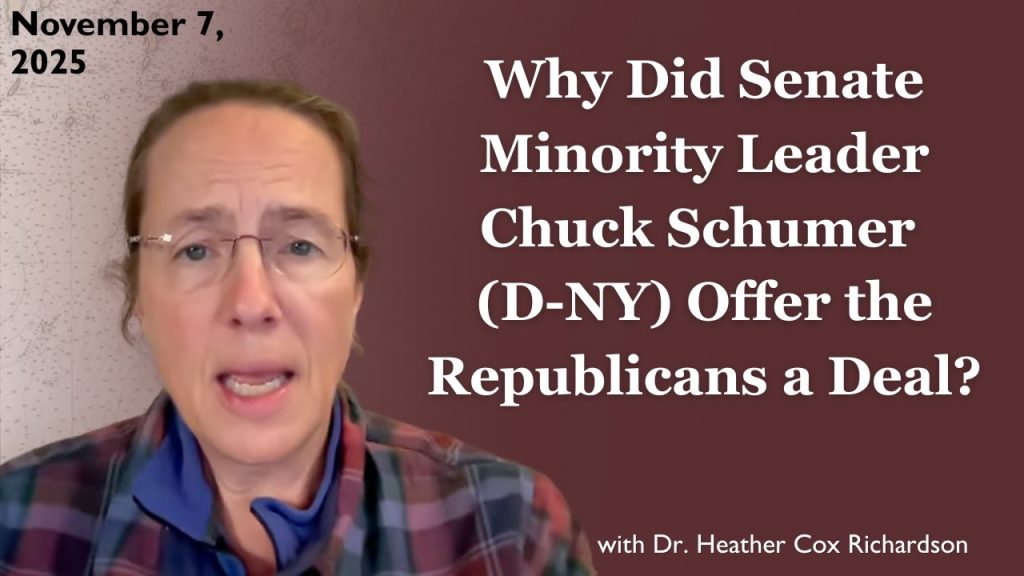A recent wedding invitation has ignited a wave of confusion and concern after guests were reportedly asked to share sensitive financial information online in order to RSVP. The request, which surfaced on social media earlier this week, has sparked widespread debate about privacy, security, and the boundaries of guest expectations for wedding planning in 2024.
The controversy began when a guest shared a photo of the wedding invitation accompanied by instructions to complete a QR code-based RSVP form. Unlike traditional RSVP cards, this form demanded personal financial details—including bank account information and income levels—as a prerequisite to confirm attendance.
“No problem at all, happy to do these,” the confused guest wrote in their social media post, referencing the comprehensive questions. However, the post quickly gained traction as other users voiced concerns over the unusual and seemingly intrusive nature of the request. Many questioned why financial details were necessary for what is typically a simple confirmation of presence at a celebration.
Experts in cybersecurity and privacy weighed in on the matter, cautioning against sharing sensitive financial information over unsecured platforms. “Requests for such data are highly unconventional and raise red flags,” a data protection specialist explained. “Weddings traditionally require only basic RSVP information—names, meal preferences, and headcount. Demanding financial details could lead to potential fraud or identity theft.”
Several social media users speculated that the couple or their wedding planners might be attempting a novel approach to managing guest lists and gifts, possibly aiming to tailor spending expectations or contributions. However, critics argue that this method feels intrusive and could alienate guests rather than encourage participation.
The controversy highlights a growing tension around digital invites and the evolving expectations surrounding weddings. While electronic RSVP systems have become more common for their convenience, this incident underscores the risks when such platforms request more information than necessary.
Some online commentators suggested that misunderstandings might have occurred—perhaps the “financial details” referred to something less sensitive, such as budgeting preferences or gift registry contributions—but the original post’s screenshots clearly showed forms demanding detailed bank and income data.
As of now, no public statement has been released by the couple or event coordinators addressing the backlash. Meanwhile, the viral post has sparked broader conversations about digital privacy and etiquette in personal events, prompting many to rethink how much personal information is appropriate to share, even in social settings.
What can prospective wedding guests take away from this? Experts recommend verifying the legitimacy of any requests for sensitive data by contacting the hosts directly. When in doubt, it’s better to ask for clarification than to comply with questionable online forms that could compromise privacy.
With weddings continuing to blend traditional customs and modern technology, this incident serves as a cautionary tale and a reminder that respect for guest privacy remains paramount—even in the most joyous celebrations.



